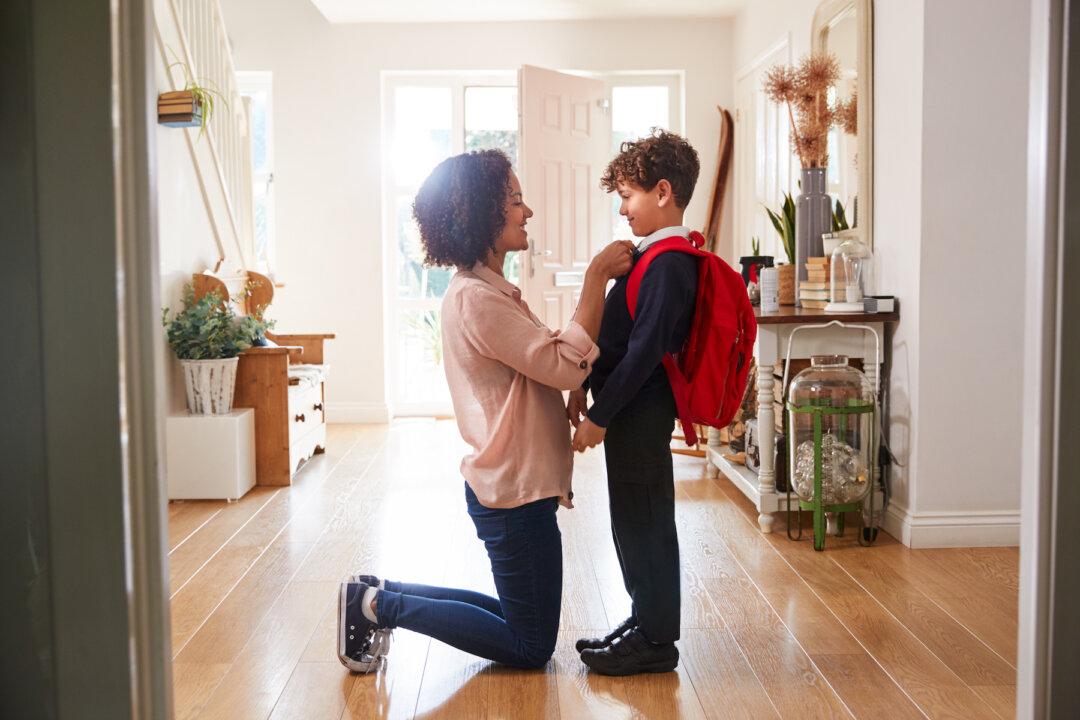Off we go again!
For students and parents, this is a time for “Back to School Specials,” hunting down composition books, pens and pencils, lunch boxes, clothes or uniforms, backpacks, and other necessities for the classroom.

Off we go again!
For students and parents, this is a time for “Back to School Specials,” hunting down composition books, pens and pencils, lunch boxes, clothes or uniforms, backpacks, and other necessities for the classroom.